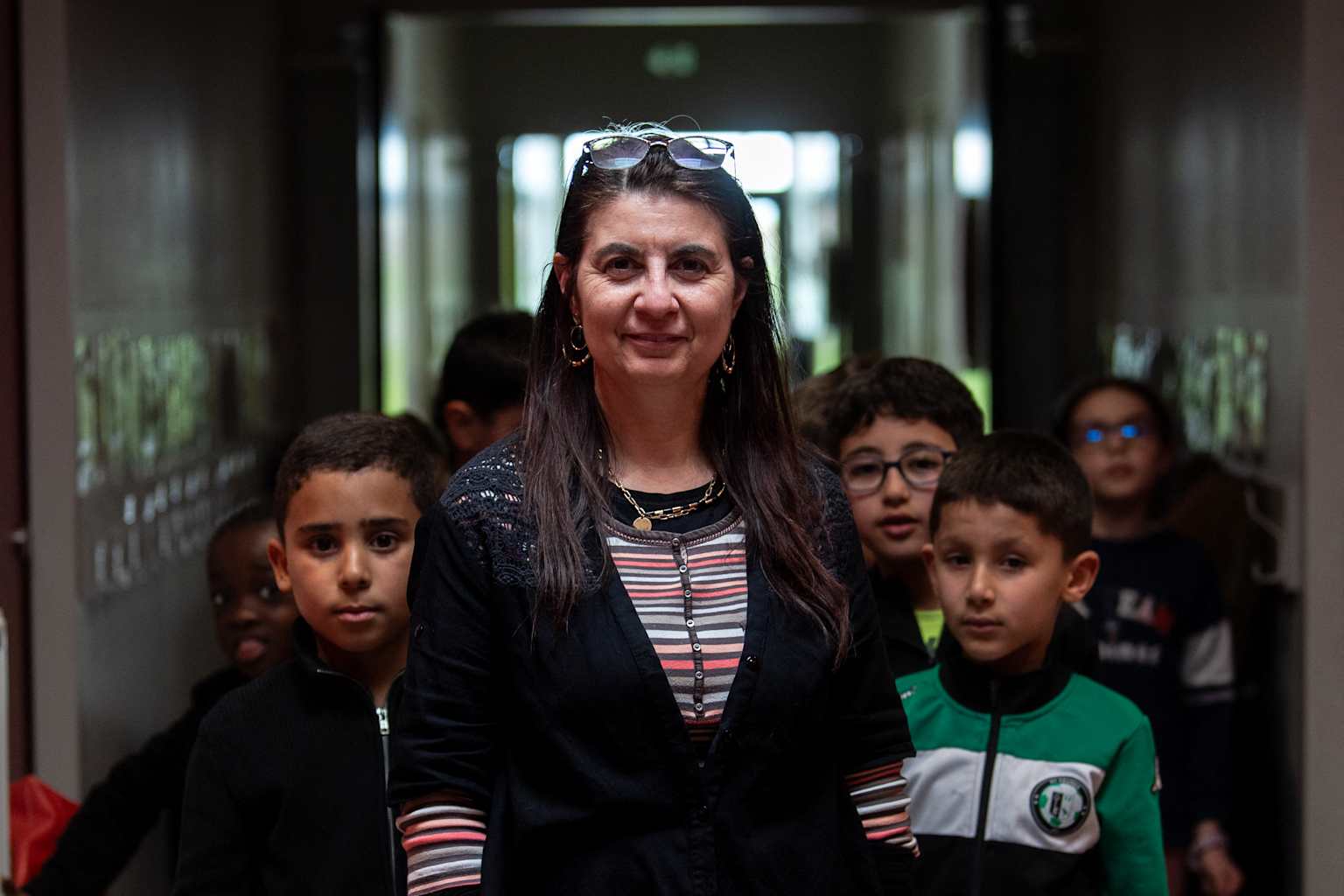- Federal Push for AI Integration
- Classroom Applications
- Workplace Transformation
Teachers across the United States are saving an average of six hours weekly by using artificial intelligence tools for lesson planning, grading, and communication, according to a poll released today. The finding comes as educators increasingly turn to AI to manage workloads that have contributed to widespread burnout in the profession.
The poll found that 6 in 10 teachers in K-12 public schools used AI tools for their work over the past school year, with high school educators and early-career teachers reporting the heaviest usage. The time savings could help address a crisis in which teachers work an average of 54 hours per week, with more than 11 hours devoted to grading alone.

The survey results follow President Trump's April executive order establishing an Artificial Intelligence Education Task Force to advance AI training for students, faculty, and staff in public schools1. The order directs federal agencies to prioritize AI in funding programs and encourages partnerships with industry to develop educational resources2.
"America's youth need opportunities to cultivate the skills and understanding necessary to use and create the next generation of AI technology," the executive order states3. The Department of Education, National Science Foundation, and Department of Labor are tasked with ensuring educators have access to professional development focused on AI3.
Math teacher Ana Sepúlveda at a dual language school in Dallas exemplifies the trend, using ChatGPT to create comprehensive lesson plans and translate materials into Spanish1. The tool provided a detailed five-page geometry and soccer lesson plan, complete with conversation starters and project ideas1.
AI applications extend beyond lesson planning to administrative tasks that consume up to 29 hours of teachers' weekly schedules2. According to an EdWeek Research Center survey of 990 educators, teachers are using AI to create quizzes and assignments, draft emails to parents, and individualize instruction2.
Research suggests AI grading systems can reduce grading time by 80% while providing more detailed feedback3. A study tracking teachers across diverse schools found that AI implementation redirected 15.4 hours per week to instructional planning and student support3.
The integration represents a broader shift in education, with 9 in 10 educators saying AI has changed teaching at least somewhat1. About three-quarters predict AI will change the profession "a fair amount" or "a lot" over the next five years1.
However, the transformation raises questions about equity and access. Forward-thinking schools are establishing AI competency programs for teachers, but ensuring these tools reach all students remains a challenge, particularly in underfunded districts2.



